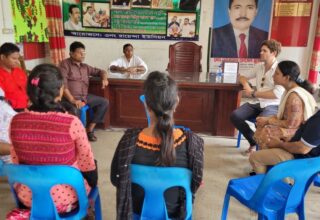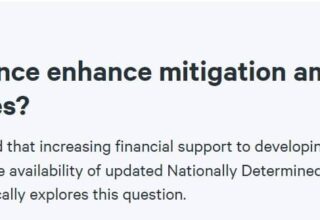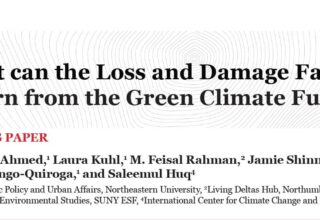Climate finance debate being present in the centre stage of global negotiations for decades only deepens its importance as a global issue. Along with the inherent difficulty to address it because of a lack of a proper definition, climate finance debate has taken its turns through various challenging discourses. Regardless of these, there have been several incidents of consensus, not only in thinking but in collective action—as demonstrated by many developed and developing country Parties to address challenges but also taking actions. These actions have helped to not only bridge gaps at the global negotiation tables, but to work on the past mistakes and make way for a more transparent and reliable climate finance forum. In addition, debate over adaptation finance and development finance is currently another big issue. This stems from the fact that many adaptation projects have the typical characteristics of development projects, which makes it difficult to convince the donors in approving such projects. However, it is important to understand that in certain countries, vulnerability of a society is dependent on the structural development, and hence, it is not always logical to distinguish adaptation and development. This is because in these situations, development deficits put the vulnerable communities to further risks. The international treaty obligation for the developed countries to support the developing and vulnerable countries is not only about legal binding, but also a matter of upholding human rights. For this, democratization of climate finance governance is imperative with core principles to be ensured through the system. These principles include accountability, transparency along with public and gender-equitable participation in the decision making process. Furthermore, to reach a consensus, an understanding of where the gaps are occurring in opinions between the donors and the recipients is also key to address and then effectively bridge the gaps.
Authors:
Publication Link






